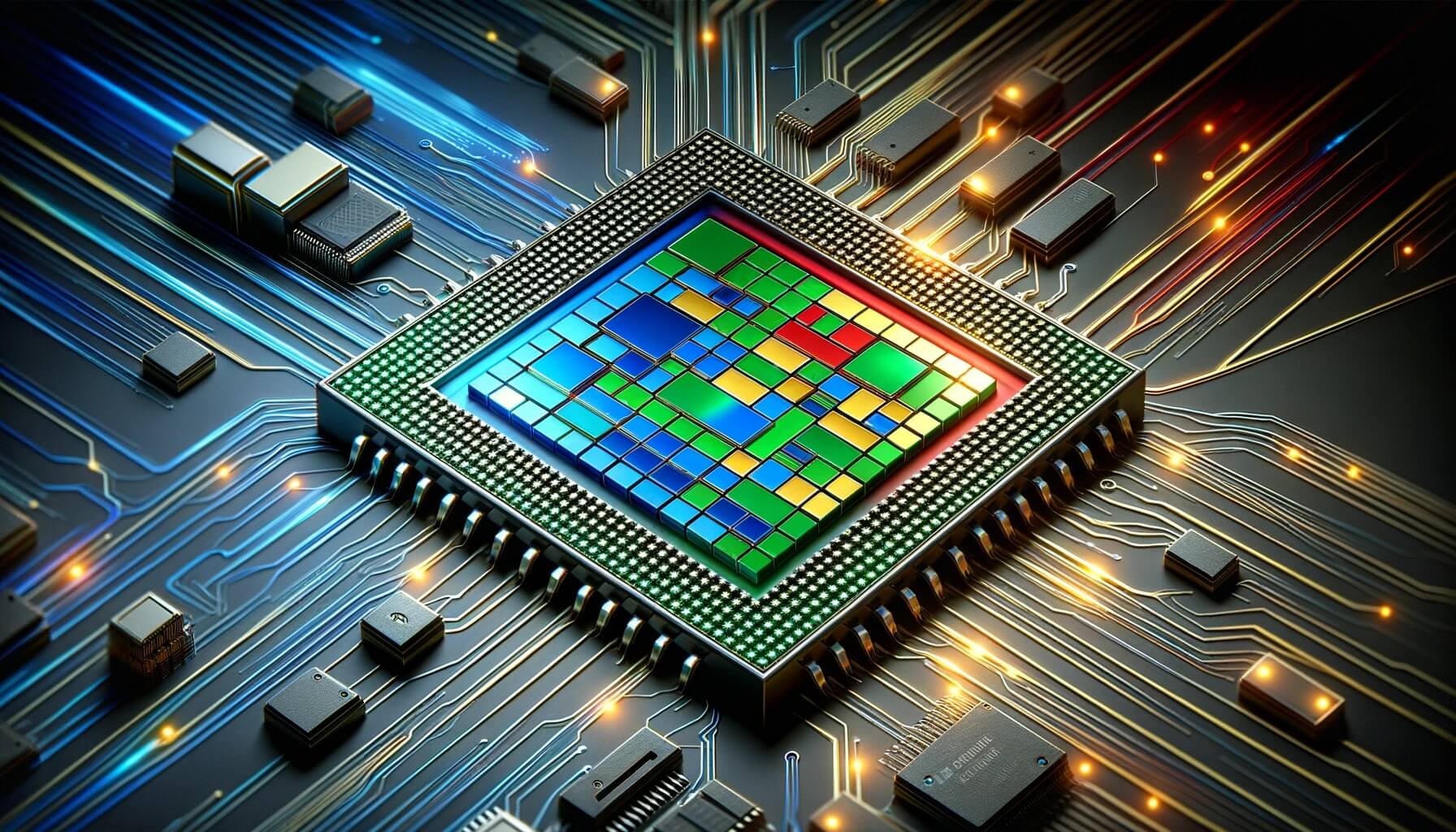
Tech entrepreneur Sam Altman is reportedly looking to raise between $5 trillion and $7 trillion to help fund the production of microchips to increase availability for AI and machine learning, the Wall Street Journal reported on Feb. 8.
The funding would be used to establish factories or fund existing chip manufacturing companies, with OpenAI only acting as a “significant customer.” The effort does not aim to raise money for Altman’s OpenAI, best known for its ChatGPT chatbot and GPT large language models (LLMs).
Sources told the newspaper that the fundraising could largely be funded by debt and may take multiple years to complete.
Potential investors
To finance the project, Altman reportedly seeks investments from a largely unknown list of investors.
Altman has reportedly discussed the venture with SoftBank, Taiwan Semiconductor Manufacturing (TSMC), and Microsoft, though it is unclear whether those companies might participate as investors or in another role. Additionally, sources said the UAE has been part of the talks and could become a potential investor.
Altman has reportedly met with US Secretary of Commerce Gina Raimondo to discuss the matter, as the government must approve such a venture. However, there are concerns that the involvement of the UAE could be a potential roadblock.
The Journal noted that US lawmakers previously urged the Department of Commerce to investigate Abu Dhabi-based AI firm G42 in January. OpenAI partnered with G42 in October 2023.
Addressing the chip shortage
The Journal’s report noted that Altman’s fundraising plans “face significant obstacles” and “ultimately might not succeed” as the multi-trillion dollar goal is “outlandishly large.”
According to the newspaper, Altman’s efforts could nevertheless address the widely acknowledged issue of chip shortages. However, the report noted that his funding goal is larger than most national debts and sovereign wealth funds — it is also worth more than the entire chip industry as of the end of 2023.
Global chip sales are worth $527 billion annually and are projected to reach $1 trillion by 2030 at the earliest. Meanwhile, sales of semiconductor manufacturing equipment account for another $100 billion annually.
OpenAI has been vocal about the shortages and said in October that it is considering manufacturing its own chips in-house to resolve the issue. Reports from January suggested that those efforts could see OpenAI raising $100 billion.
It is unclear whether those plans overlap with the trillion-dollar fundraising initiative reported by the Journal. Other firms have also started designing their own chips, including Meta, Microsoft, Google, and Amazon, albeit with third-party firms handling the production.
 Bitcoin
Bitcoin  Ethereum
Ethereum  Tether
Tether  XRP
XRP  USDC
USDC  TRON
TRON  Lido Staked Ether
Lido Staked Ether  Dogecoin
Dogecoin  Figure Heloc
Figure Heloc  Cardano
Cardano  Bitcoin Cash
Bitcoin Cash  Wrapped stETH
Wrapped stETH  WhiteBIT Coin
WhiteBIT Coin  Wrapped Bitcoin
Wrapped Bitcoin  USDS
USDS  Wrapped eETH
Wrapped eETH  Chainlink
Chainlink  Binance Bridged USDT (BNB Smart Chain)
Binance Bridged USDT (BNB Smart Chain)  Monero
Monero  LEO Token
LEO Token  WETH
WETH  Stellar
Stellar  Zcash
Zcash  Coinbase Wrapped BTC
Coinbase Wrapped BTC  Sui
Sui  Ethena USDe
Ethena USDe  Litecoin
Litecoin  Hyperliquid
Hyperliquid  Avalanche
Avalanche  Shiba Inu
Shiba Inu  Hedera
Hedera  Canton
Canton  sUSDS
sUSDS  USDT0
USDT0  World Liberty Financial
World Liberty Financial  Toncoin
Toncoin  Dai
Dai  Cronos
Cronos  PayPal USD
PayPal USD  Ethena Staked USDe
Ethena Staked USDe  Uniswap
Uniswap  USD1
USD1  Polkadot
Polkadot  Mantle
Mantle  Rain
Rain  MemeCore
MemeCore  Bittensor
Bittensor  Pepe
Pepe 